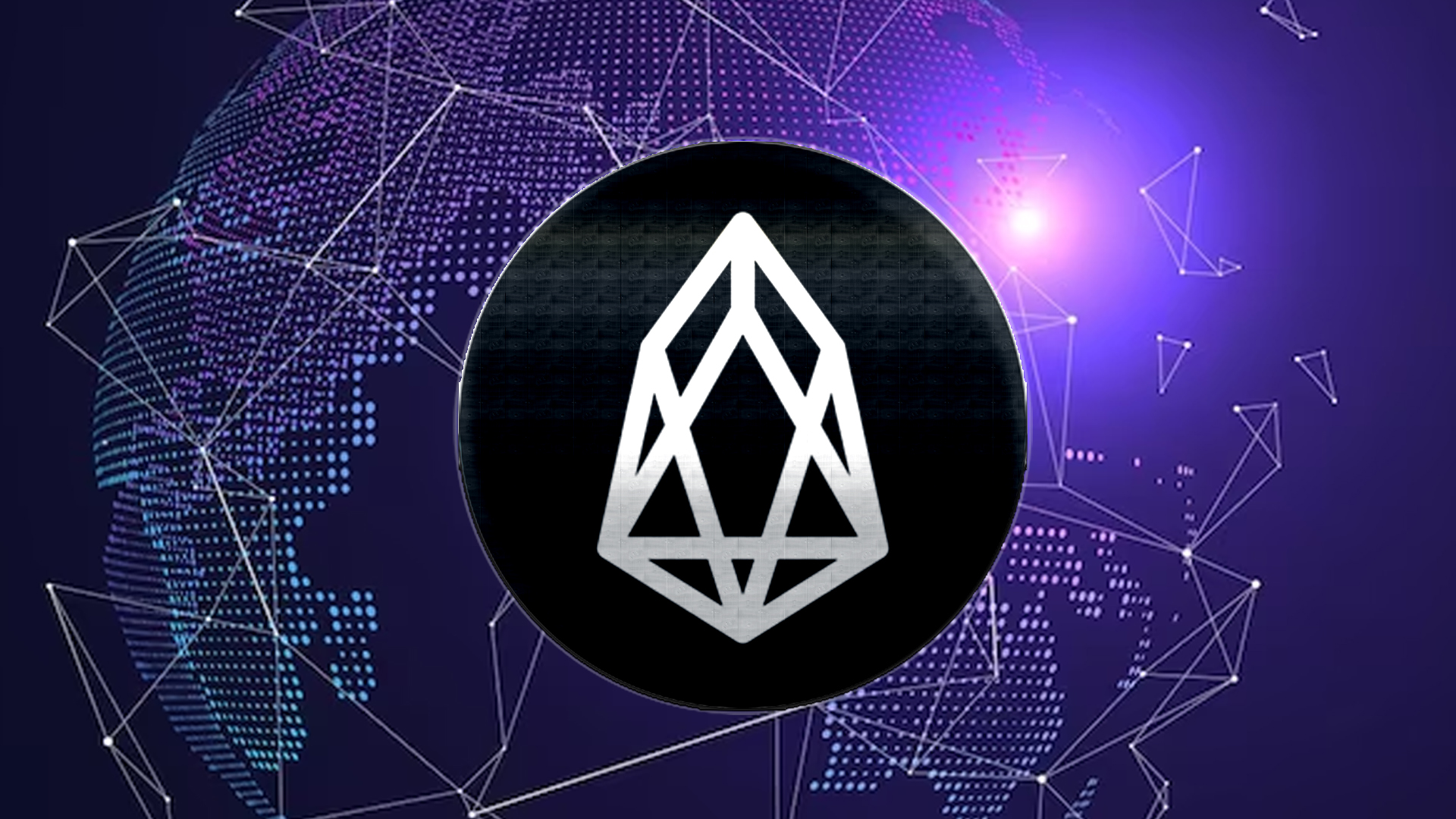Registration of trademarks related to virtual goods and NFTs has been an international hot topic for many months. Consequently, many brand owners have been lining up to extend the protection of their brands into the metaverse, virtual reality and other iterations of the coming Web 3.0.
Until 2023, the absence of harmonized class regulations for such goods and services sometimes hindered registration by creating confusion regarding the classification of digital goods compared to their physical counterparts.
On January 1 this year, the long-awaited 12th edition of the Nice Classification of Goods and Services entered into force, adding the term “downloadable digital files authenticated by non-fungible tokens [NFTs]” to Class 9 and including all virtual goods therein.
Following the lead of many national IP offices, the Swedish, Danish and Norwegian Patent and Trademark Offices have since presented their respective views on these issues, providing clarity for trademark applicants.
Scandinavian approaches
NFTs
All three countries follow a common principle for investigating NFT-related goods: NFTs are not goods, but rather an authentication method for digital files based on the blockchain technology involved.
Therefore, trademark applicants in each jurisdiction must specify the required digital product authenticated by the NFT.
Examples of acceptable wording include:
- downloadable digital files authenticated by NFTs;
- downloadable virtual goods, namely virtual clothing, authenticated by NFTs; and
- virtual clothes authenticated by NFTs.
Services in virtual environments or related to virtual goods
When classifying services in Scandinavian jurisdictions, the service – not the goods or the environments to which it is linked – creates the basis for classification. For example, retailing of clothing, even virtual, always belongs to class 35 and medical advice in virtual reality belongs to class 44.
Virtual goods
According to the Swedish Patent and Trademark Office and the Danish Patent and Trademark Office, virtual goods are digital content or images that can be bought, sold and used as goods by virtual communities or in games. Their digital nature determines their association with class 9 of the Nice classification.
However, the term “virtual goods” in these jurisdictions is too broad and must be limited to specific goods that use the required trademark. This specification requirement also applies to the retail trade of virtual goods.
Applicants in Norway should bear in mind that the Norwegian Patent Office does not publish its guidelines for trademark registration in general, and NFT-related trademarks are no exception.
While NIPO accepts the NFT-related term from the latest Nice classification, the office’s requirements for descriptions of virtual goods are in practice stricter than its Swedish and Danish counterparts.
In a recent case, NIPO rejected the wording “non-downloadable virtual clothing” in Class 9 and required it to be changed to “non-downloadable digital files in the form of virtual clothing”. This development suggests that the Supreme Court sees virtual goods only as digital files and requires applicants to describe their products accordingly.
Looking forward
The respective approaches of Scandinavian IP offices to the registration of trademarks relating to NFTs and virtual goods and services are still under development. International harmonization is still some way off.
However, we can expect a greater variety of trademark applications in this area over the coming year – especially after the latest Nice classification comes into force. Key decisions – and any subsequent case law or refusal – from the Scandinavian authorities will prove to be particularly valuable in this interim period, which is currently characterized by a lack of official guidance and coordination across Europe.
Elizaveta Osipchuk
Zacco


